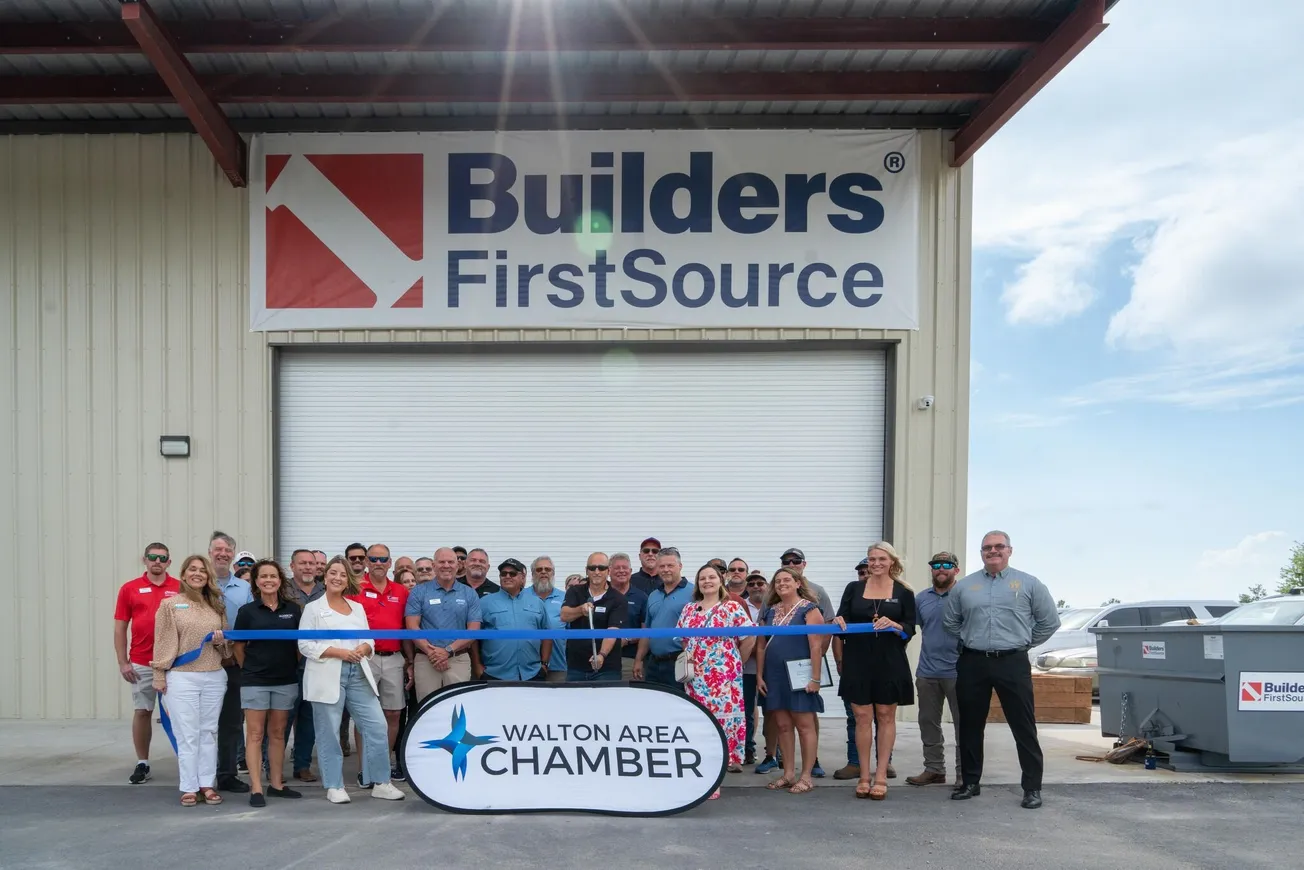Table of Contents
MOST SALESPEOPLE try to bring value by giving customers what they are asking for. Master Sellers create value by supplying customers with what they are asking and more. They bring options.
Spreads
I recently ran an exercise with two different groups of lumber brokers. We had six columns horizontally—six different species and three destinations (see above).
I then gave them 20 minutes to find the best truckload-delivered price to each destination. They could use rail cars and reloads or ship directly from the mill. The results were eye-opening for both groups. The spreads were in some cases minimal, but in other cases they were $100/MBF different.
Of course, some customers can or only will use a specific species, but many will switch from their preferred species if the spread is large enough. This is a great way to provide value to customers that the average seller just won’t do. If the customer is giving the same inquiry to several different sellers—which they are—then it will be a race to the bottom for those only chasing what the customer is asking. Meanwhile, the Master Seller provides more value and has a better chance of making some margin for themselves by providing options.
Other examples:
• 1x12#3 PP – $660/MBF; 1x12 Standard IWP – $775/MBF; 1x12 Standard EWP – $1225 MBF
• 1x6 D grade SYP – $1185/MBF; 1x6 D grade PP – $2745/MBF
• 2x6 #1 SYP can sometimes be substituted for 2x6 #1650 in SPF for normally $200-$250/MBF less. The same in 2x4 for a $50/MBF discount.
• Import vs. domestic plywood
• OSB vs. plywood
• Scant plywood vs. standard thickness
• Kiln wets vs. kiln dried products
• S1S2E 7/16” resawn vs. S1S2E 11/16” resawn vs. S4S 3/4” boards
I’m sure there are many more.
Ship Times
Customer: “I need a truckload of 2x4 2/BTR straight 16’s for quick shipment.”
Quotron: “I can only find one truck of 16’s and they are for three weeks shipment.”
— — — —
Master Seller: “Okay, Susan, we’ve got some options. I can get you a truck for quick shipment that has a tally 2/12’, 2/14’, and 9/16’s for $600/MBF. I can get you a straight truck of 16’s that will ship in three weeks at $615/MBF. Which do you prefer?”
Customer: “I’ll take the 12’ and longer for quick.”
Master Seller: “Great. You’re going through a ton of 16’s and that $615 is a great price for a straight truck. Since we’ve got the quick load taken care of, do you want to put on the straight 16’ also?”
Customer: “Sure. Let’s do that.”
A Scenario for Down Markets
Customer: “Give me a price on a car of 2x4 9’s.”
Quotron: “I can get you a car for $450/MBF.”
— — — —
Master Seller: “John, the market is coming off. I can get you a truck for quick out of my reload for $440/MBF or you could just buy a couple units at a time out of distribution. You’ll pay a little bit of a premium, but that will tide us over until this thing hits bottom, and we will get a much better deal.”
Customer: “Good idea. Can you give me that truck for $430/MBF?”
Master Seller: “I’ll do it with one caveat.”
Customer: “What’s that?”
Master Seller: “You give me last look on the car when we get ready to buy it.”
Customer: “You got it.”
Most sellers will never tell their customers to hold off in falling markets. The Master Seller is thinking long term. Telling the customer to hold off builds trust. It tells the customer that we are truly their partner looking out for their best interest.
The above scenario can be done in up markets also. Most sellers are so afraid of being pushy that they don’t do their job. The Master Seller knows when to nudge their customer to buy a bit extra when the market is moving. Because they have the customer’s trust, the customer is likely to release an extra purchase order based on their sales partner’s suggestion.
Giving customers options brings value, sets us apart from the crowd, and secures us more business with better margins.
- James Olsen is principal of Reality Sales Training, Portland, Or., and creator of SellingLumber.com. Call him at (503) 544-3572 or email james@realitysalestraining.com.









